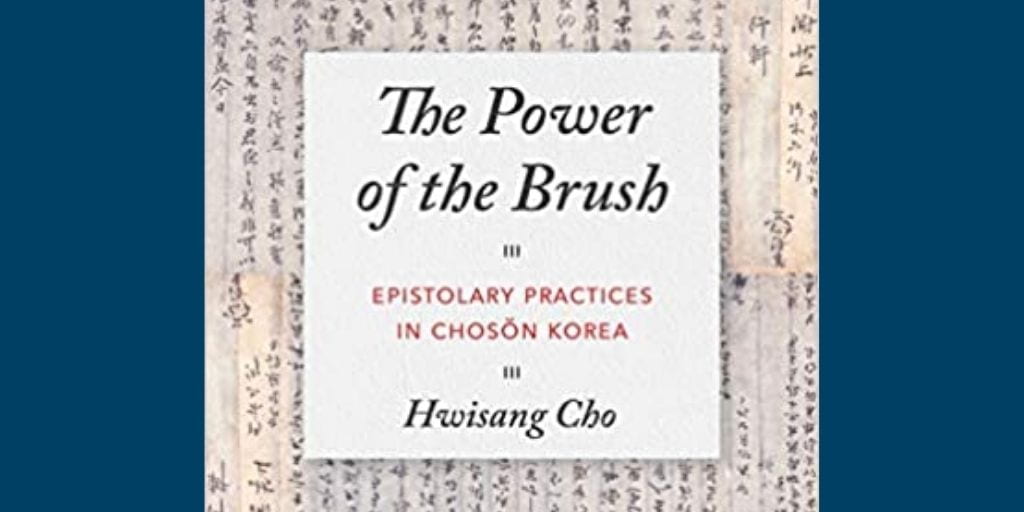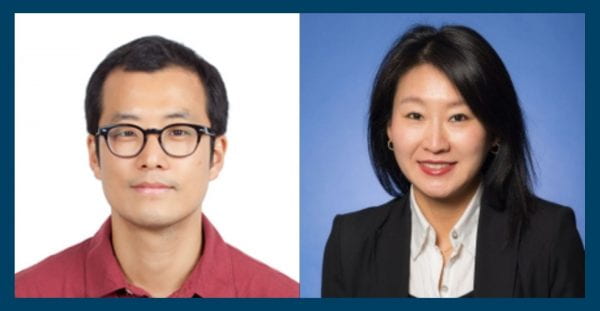Book Talk Series on Chosŏn Korea
Speaker
Hwisang Cho, Emory University
Moderator
Jisoo M. Kim, GW Institute for Korean Studies
Thursday, April 8, 2021
2:00 p.m. – 3:30 p.m. Eastern Time
Virtual Event via Zoom
This event will not be recorded.
Win a book giveaway! We will send one copy of the book to one of the guests who submit their questions during the event!
Event Description
While discussing his book The Power of the Brush: Epistolary Practices in Chosŏn Korea (University Washington Press, 2020), Hwisang Cho will give a survey of the “epistolary revolution” that shaped Korean society from the sixteenth century to the end of the Chosŏn dynasty and beyond. By examining the physical peculiarities of new letter forms, the cooptation of letters for other purposes after their communicative functions, and the rise of diverse political epistolary genres, this talk will illuminate how innovation in epistolary practices allowed diverse writers to move beyond the limits imposed by the existing scholarly culture, gender norms, and political systems. While emphasizing how the epistolary revolution posed new challenges to traditional values and already-established institutions, it will demonstrate that new modes of reading and writing developed in the seemingly mundane and trivial practice of letter writing triggered a flourishing of Neo-Confucian moral thought, the formation of new kinds of cultural power, and the rise of elite public politics.
Speaker
Hwisang Cho (left) is an assistant professor in Korean studies at Emory University. He received his Ph.D. in premodern Korean history from Columbia. Cho’s areas of specialization include the cultural, intellectual, and literary history of Korea, comparative textual media, and global written culture.
Moderator
Jisoo M. Kim (right) is Korea Foundation Associate Professor of History, International Affairs, and East Asian Languages and Literatures. She currently serves as the Director of the Institute for Korean Studies and the Co-Director of the East Asia National Resource Center at GW. She also serves as the Editor-in-Chief of the Journal of Korean Studies. She is a specialist in gender, law, and emotions in Korean history. Her broader research interests include gender and sexuality, crime and justice, forensic medicine, literary representations of the law, history of emotions, vernacular, and gender writing. She is the author of The Emotions of Justice: Gender, Status, and Legal Performance in Chosŏn Korea (University of Washington Press, 2015), which was awarded the 2017 James Palais Prize of the Association for Asian Studies. She is also the co-editor of The Great East Asian War and the Birth of the Korean Nation by JaHyun Kim Haboush (Columbia University Press, 2016). She is currently working on a book project tentatively entitled Sexual Desire, Crime, and Gendered Subjects: A History of Adultery Law in Korea. She received her M.A., M.Phil., and Ph.D. in East Asian Languages and Cultures from Columbia University.



